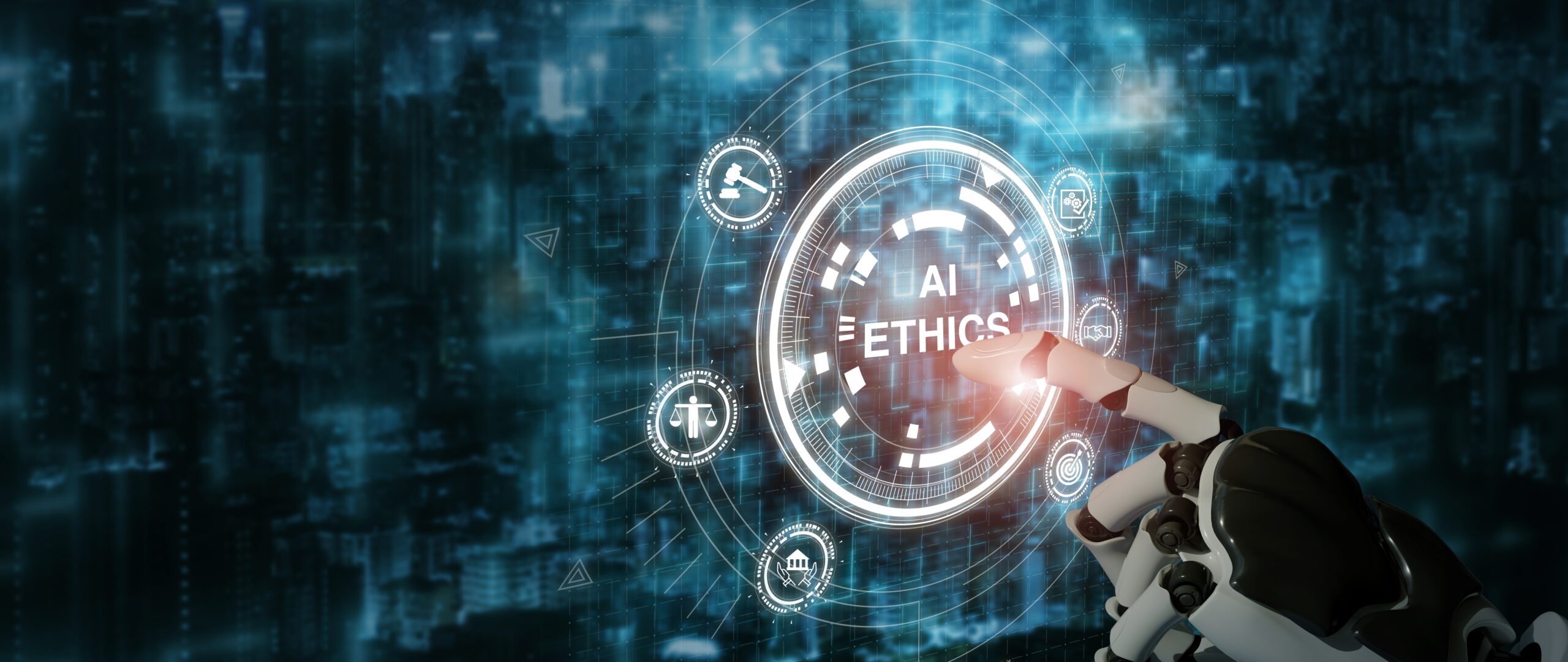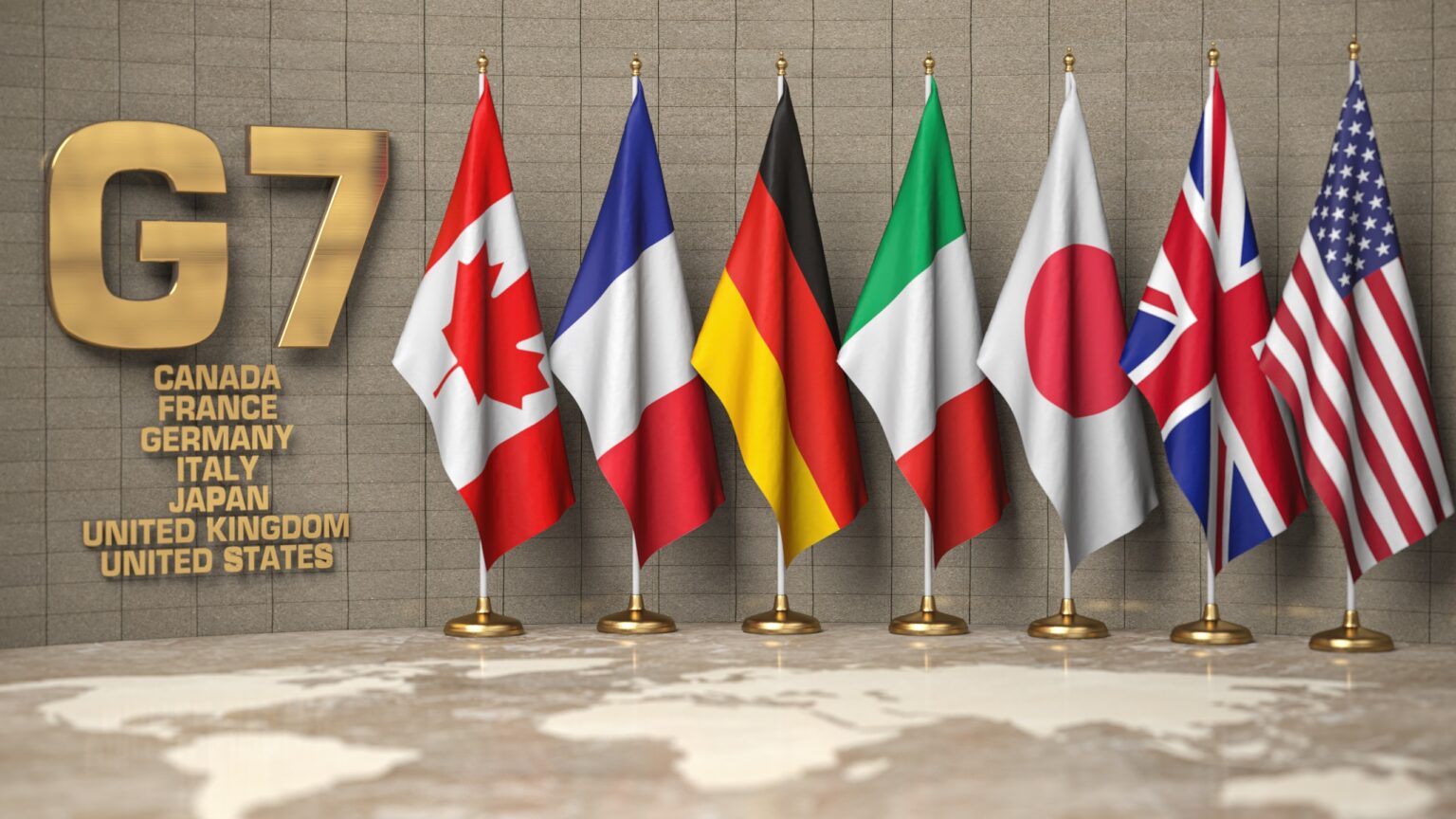The G7 countries have unveiled a comprehensive AI Code of Conduct for companies with advanced artificial intelligence systems. The Code represents a significant step forward in the global effort to mitigate risks and curb potential misuse of AI technology.
Leaders from Canada, France, Germany, Italy, Japan, Britain, the United States, and the European Union began this initiative in May during the “Hiroshima AI process.”
Breaking News on #AI: #Hiroshima Process International Guiding Principles and the Hiroshima Process Code of Conduct for organizations developing advanced AI systems.
The @G7 Reach Urgent Agreement on #AI Code of Conduct! In a significant development, the G7 member countries… https://t.co/y0gzQSbPuw
— Dr. Cristina Vanberghen (@VanberghenEU) October 30, 2023
A Landmark for Global AI Governance
The 11-point voluntary code of conduct seeks to foster the development of safe, secure, and trustworthy AI worldwide. It provides guidelines for organizations developing advanced AI systems, including foundation models and generative AI. Moreover, it addresses the need to manage the risks and challenges these technologies bring.
Notably, the Code encourages companies to adopt measures that identify, evaluate, and mitigate risks throughout the AI lifecycle. It emphasizes the importance of addressing incidents and patterns of misuse after AI products hit the market. Additionally, companies must publicly report on AI systems’ capabilities, limitations, and use and misuse instances. Investing in robust security controls is also a crucial aspect of the Code.
Bridging the Gap to Regulation
The European Union has taken a proactive stance on AI regulation with its comprehensive AI Act. However, countries like Japan and the United States have adopted a less stringent approach, aiming to stimulate economic growth. Vera Jourova, the European Commission’s digital chief, highlighted the importance of the AI Code of Conduct at a recent internet governance forum in Kyoto, Japan. She pointed out that it acts as a critical bridge, ensuring safety until formal regulations are in place.
Ahead of the UK's Global AI Summit on 1-2 Nov:
"maybe don’t mention that two global AI initiatives — one by the UN, and one by China — were founded last week, and that a G7 process already exists. You want to look like you’ve still got there first."
(+ the EU AI Act!) https://t.co/JRIwHpC3i3
— Stephanie Hare (@hare_brain) October 28, 2023
Meanwhile, in the EU, lawmakers are making significant progress on the AI Act. After two years of negotiations, the European Parliament approved the bill in May. The draft AI rules now enter the trilogue process, where the parliament and EU states will finalize the laws.
A critical part of the negotiations focused on Article 6 of the AI Act, which outlines which AI systems should be deemed “high-risk.” These systems would then be subject to greater regulatory scrutiny. The debate on this issue has been intense, with discussions on exempting specific high-risk AI models from performing “purely accessory” tasks. These tasks are secondary to human decision-making and include arranging documents or translating text.

Greece Joins the AI Governance Movement
In a related development, Greece has established an AI advisory committee to formulate a national AI strategy. The committee comprises leading professionals from tech, ethics, science, and law and includes members of the Greek diaspora. The Prime Minister of Greece, Kryiakos Mitsotakis, emphasized the urgency of organizing the reception of AI technology, stating that “This is not about the future but the present.”
The committee, led by MIT Professor Constantinos Daskalakis, will also contribute to international AI initiatives, aligning Greece with global efforts to manage the impact of AI on society and the economy.
The G7’s AI Code of Conduct marks a pivotal moment toward responsible AI innovation. It sets a strong precedent for how major countries can collaboratively guide the development of AI technologies, addressing risks and challenges proactively. With the EU making strides in AI legislation and countries like Greece taking steps to formulate national strategies, the world is moving closer to a future where AI innovation aligns with security, trust, and societal well-being.









 and then
and then